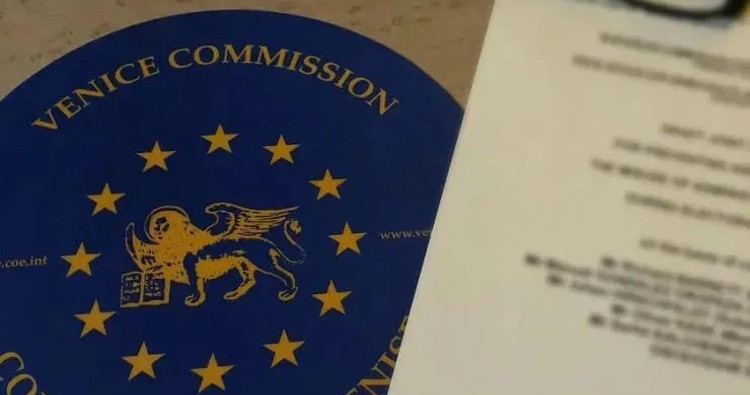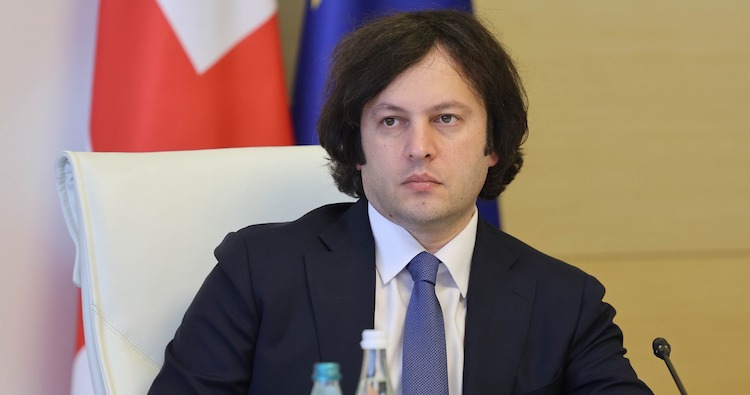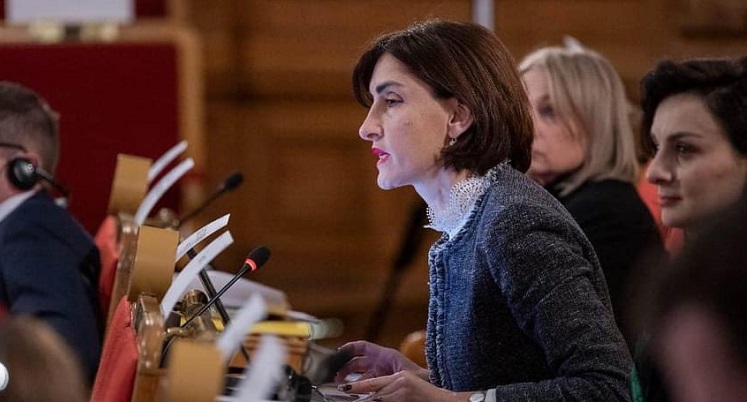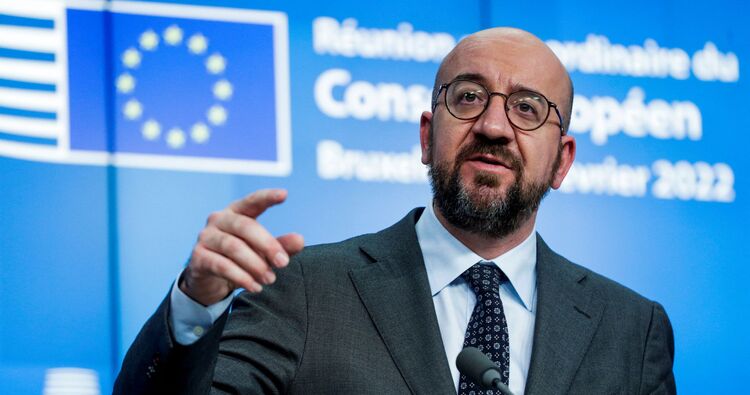Venice Commission’s opinion “confirms” there are “no legal arguments” against transparency law - ruling party MP
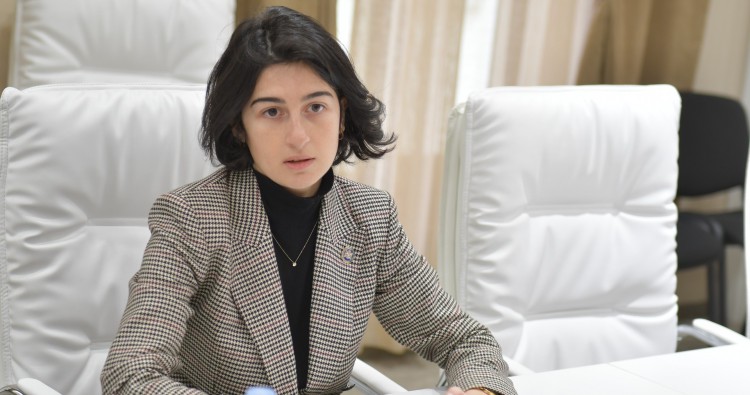
Kurasbediani announced that the Georgian Parliament would override President Salome Zourabichvili’s veto on the transparency law next week. Photo via Georgian Parliament
Salome Kurasbediani, a member of the parliamentary majority from the ruling Georgian Dream party, on Tuesday claimed that today’s opinion of the Venice Commission of the Council of Europe on the domestic law on transparency of foreign influence “once again confirmed” that there were “no legal arguments” against the transparency law.
At the press briefing at the GD central office, Kurasbediani responded to the Commission’s opinion, which “strongly recommends” the Georgian Government repealing the domestic transparency law in its current form.
In the Venice Commission’s conclusion, we find a lot of unsubstantiated and contradictory arguments, as well as some gross distortion of facts. [...] Thus, it is disappointing that the platform of the Commission has been used to make biassed political assessments instead of professional reasoning, which damages the reputation of the Commission again”, Kurasbediani noted.
She denounced the Commission’s political evaluation of the street protests in Georgia against the transparency law, adding that this approach “clearly shows its so-called impartiality, which, as a rule, leaves no space for legal analysis of the subsequent parts of the said Commission’s report”.
The current norms in Georgian legislation do not ensure an obligation for non-governmental organisations to fill financial declarations or the transparency of their finances, Kurasbediani explained in response to the Commission’s appeals stating that the current legislation in the country “already contains provisions requiring“ NGOs to register their finances and submit reports.
The Commission mentions that the Georgian transparency law has similarities with laws in Russia, Hungary, and Kyrgyzstan, but this comparison “lacks legal reasoning”, the MP said, accusing the Commission of “attempting to stigmatise” the Georgian law “without proper argumentation”.
She criticised the Commission's stance that transparency requirements for NGOs and media are “undemocratic”, arguing that this undermined the institution's credibility and the values it represents.
Kurasbediani announced that the Georgian Parliament would override President Salome Zourabichvili’s veto on the transparency law next week.
In her comments after the publication of the opinion, Marija Pejčinović Burić, the CoE Secretary General, called upon the Georgian authorities to implement the Venice Commission’s recommendations “with a view of bringing the Law on Transparency of Foreign Influence in line with European standards”.
The Commission has recently published an urgent opinion on the controversial law adopted by the Georgian Parliament last week against the backdrop of ongoing public protests and criticism from Georgia’s foreign partner states. It said the “fundamental flaws” of the law would involve “significant negative consequences” for the freedoms of association and expression, the right to privacy, the right to participate in public affairs, as well as the prohibition of discrimination.
The legislative piece calls for the registration of non-commercial legal entities and media outlets in the country as “pursuing the interests of a foreign power” if they derive more than 20 percent of their funding from abroad.
 Tweet
Tweet  Share
Share
